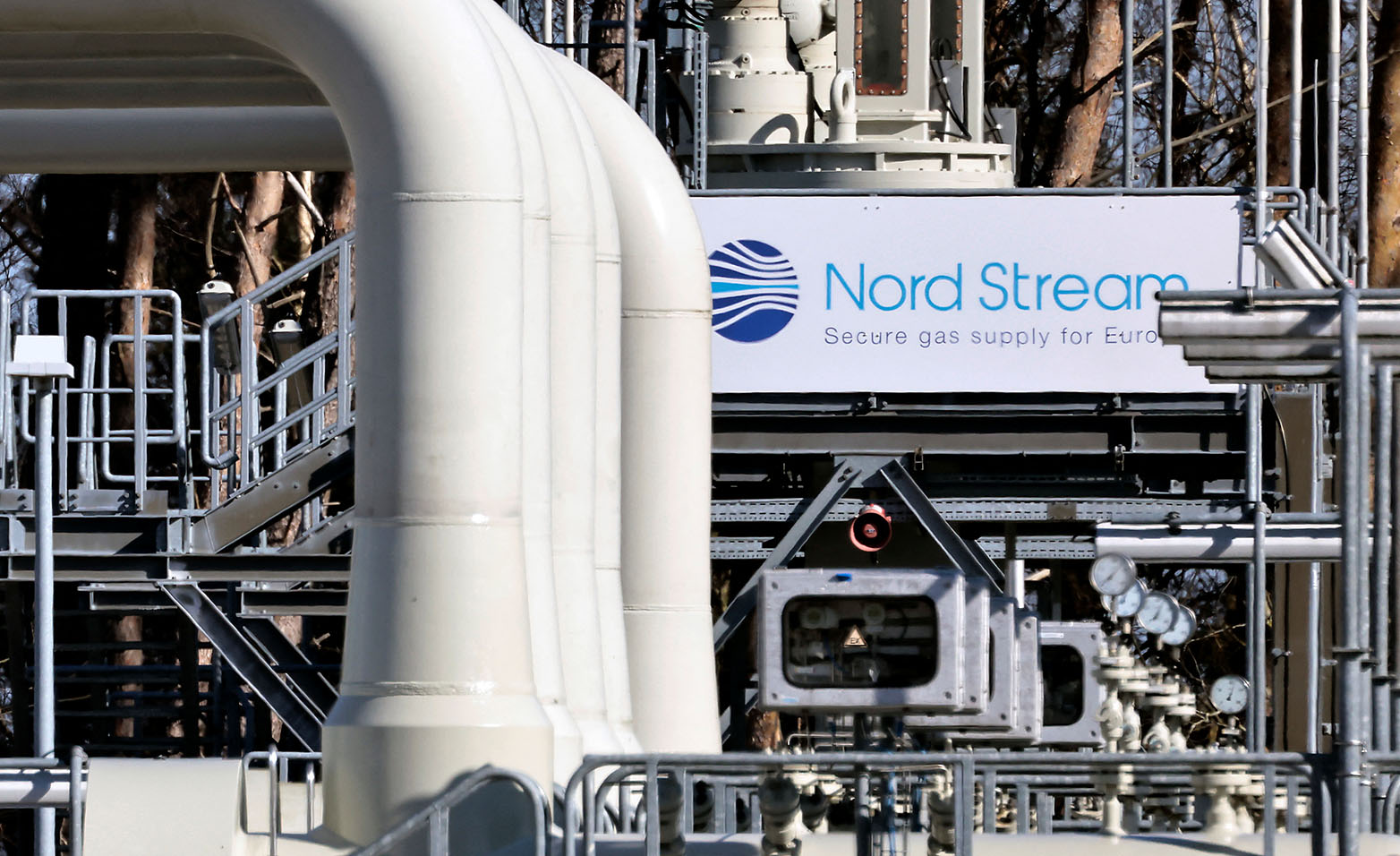European Defense Policy: Zeitenwende, Ltd.
The Russian invasion of Ukraine on 24 February shocked Europe into unity, revitalized NATO, and led several European countries to re-evaluate their defense policies and strategic dependence on Russian energy. However, major changes in the European political and security architecture will take time to materialize, as the old fault lines persist, argues Dominika Kunertova in this CSS Analysis.

The Russian large-scale war in Ukraine has changed the parameters for thinking about security in Europe. Vladimir Putin’s war galvanized both European political elites and populations in their support for Kyiv. European countries, together with the US, Canada, Australia, Japan, South Korea, and Singapore have coordinated their robust responses short of direct military involvement, as they want to raise the costs of Russia’s military aggression against a sovereign nation to an untenable level.
